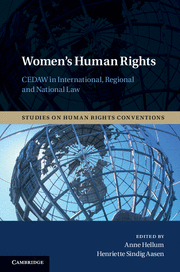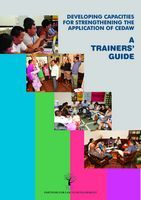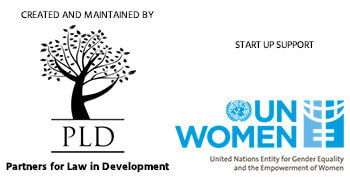With the aim of strengthening the implementation of CEDAW at the South Asia level, the country status page provides country-specific information, beginning with the status of the ratification of, and reservations to, CEDAW. It highlights the various legal and institutional mechanisms, key pieces of legislation, and the role of concerned ministries in relation to CEDAW. The page also contains information on the reporting status, submission of shadow reports, and follow-up action taken on the Concluding Observations, subject to availability of information.
Beginning with the sociopolitical environment, this section focuses on country-specific information, the legal framework, and institutional mechanisms pertaining to CEDAW. While locating women’s de jure rights within the constitutional framework and special legislation for women, it tries to identify the gaps in, and the challenges to, achieving de facto equality for women. Although laws relating to women have not been consistent throughout the South Asia region, in the last few years, with the greater engagement with this issue on the part of the women’s movement and human rights groups, a synergy between engaging with CEDAW and the promotion of women’s human rights is evident.
The country status page will describe the various initiatives that have been taken by governments, national human rights commissions, and non-government organizations. The section will share details on the reports submitted. It will also present information on the various initiatives taken to implement the concluding observations at the country level.
We are in the process of developing this section further to highlight cases where CEDAW provisions have been invoked in the court of law.
Also in this section
Afghanistan
Bangladesh
Bhutan
India
Maldives
Nepal
Pakistan
Sri Lanka










